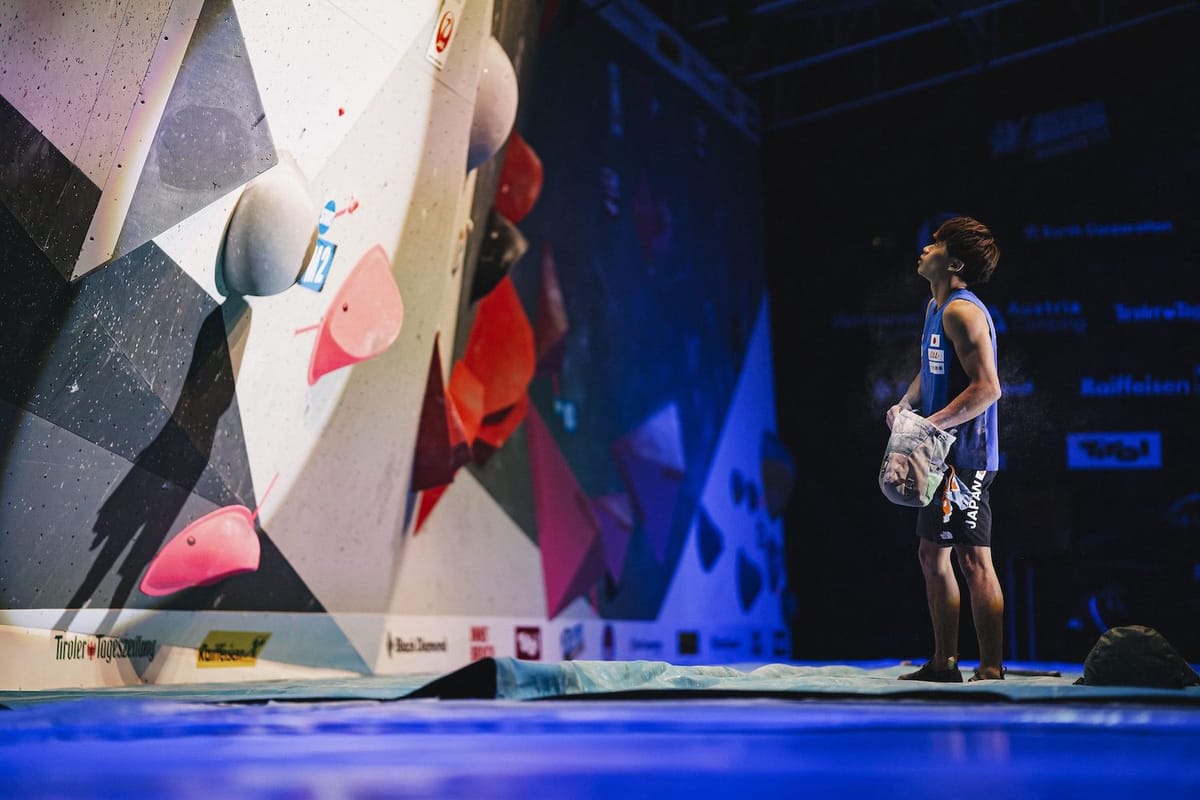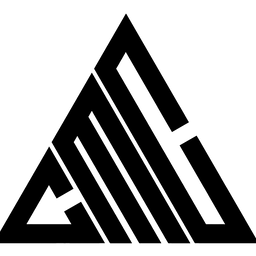Concussion Protocol

During a lifetime of competitive athletics, including the past 15 years as a performance coach and educator, I had exactly zero experience with concussions... And then I dealt with 2, back to back, during this past season. Not me, but two of my athletes who displayed symptoms after falls that whiplashed their heads (no head impact). Now I don't need to point out the obvious, but I will anyway; I'm not a doctor. I'm just going to share what I've learned through these recent experiences, and perhaps help athletes, parents and coaches navigate this troubled water.
What is a Concussion & How is it Diagnosed?
This is the best and shortest summary I can manage after reading a whack of medical papers on the topic:
A concussion can occur when a blow or a jolt to the head moves or twists the brain within the skull. A concussion is a form of TBI (traumatic brain injury), which affects the way the brain FUNCTIONS, but that doesn't always mean structural damage to the brain tissue (although with some concussions there is bruising and even brain bleeds).
This is a really important note for us: Concussions can’t always be seen on routine image scans (MRI, X-ray or CT scan). So most of the time a concussion is diagnosed by observing changes in the way a person thinks and feels. And that can be tough, because everyone experiences a concussion differently and symptoms don't always show up right away. If you suspect a concussion, the KEY is to get the person to a doctor immediately, for a proper medical diagnosis.
- The number one rule for coaches and parents: NO SAME DAY RETURN TO PLAY. If you are unsure if the athlete has a concussion, sit them out and monitor closely. For younger athletes, call a parent right away, discuss what happened, and make an informed decision. Here is how to do that ⬇️
How do I Know if a Hospital Visit is Needed?
I recommend playing it safe and getting the athlete to the ER. I know the thought of it sucks – who wants to wait in an ER with a headache for 8 hours? (I love the free Canadian health care system, but the long wait times can be painful). Here are some symptoms to look for if you suspect an athlete could have a concussion:
1. Somatic (Physical) Symptoms
- Headache that worsens.
- Light-headedness & dizziness.
- Nausea or vomiting.
- Heightened sensitivity to light and noise.
- Slurred speech.
2. Cognitive & Emotional Symptoms
- Difficulties with attention and ability to focus.
- Memory problems or confusion/ irritability.
- Heightened anxiety or depression.
- Difficulty multitasking.
3. Sleep Symptoms
- Sleeping more than usual.
- Sleeping less than usual or having trouble falling asleep.
One key mistake people make is giving the person aspirin, anti-inflammatories or pain killers instead of taking them to the hospital. This can MASK a worsening headache or other symptoms and cause more damage in the long run. Don't do it. Get to a medical professional.
Recovery & Returning to Sport
Apparently, 80-90% of concussions resolve within 7-10 days. Most sources agree that the earliest a person can return to sport is 7 days post injury. And they will need medical clearance before returning to sport.
Don't skip this part. Medical clearance is essential. Get the required paper work and keep it on file.
A doctor will recommend a recovery protocol on a case by case basis. For the athlete, I would encourage you to take the time you need to fully recover. Brain and nervous system injuries are not to be trifled with. BE PATIENT. Coming back strong is easier when you come back fully recovered. Coming back to training too early can cause flare ups and slow your progress even further.
Resources for Teams & Coaches
A solid TED-Ed video for a bit of a deep dive. (A little more enjoyable than reading medical papers):
For coaches, below is a PRE-SEASON education form that you can make your own (created by Climbing Escalade Canada and Parachute). Send this form to all parents and athletes to read and sign. Keep this signed document on file. And try to include basic concussion awareness and prevention in your programming.
Train hard and be safe out there!
Share on Facebook | Twitter | Email
More training tips from Coach Matt...





